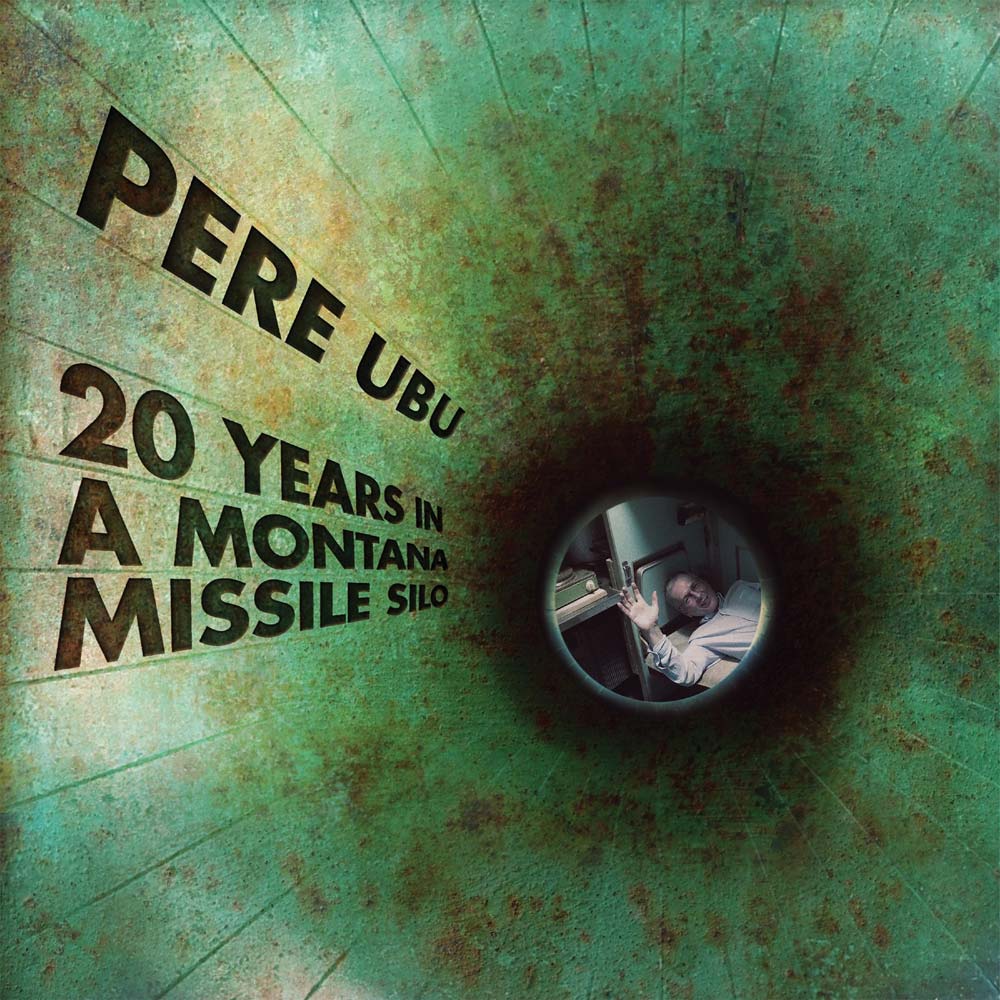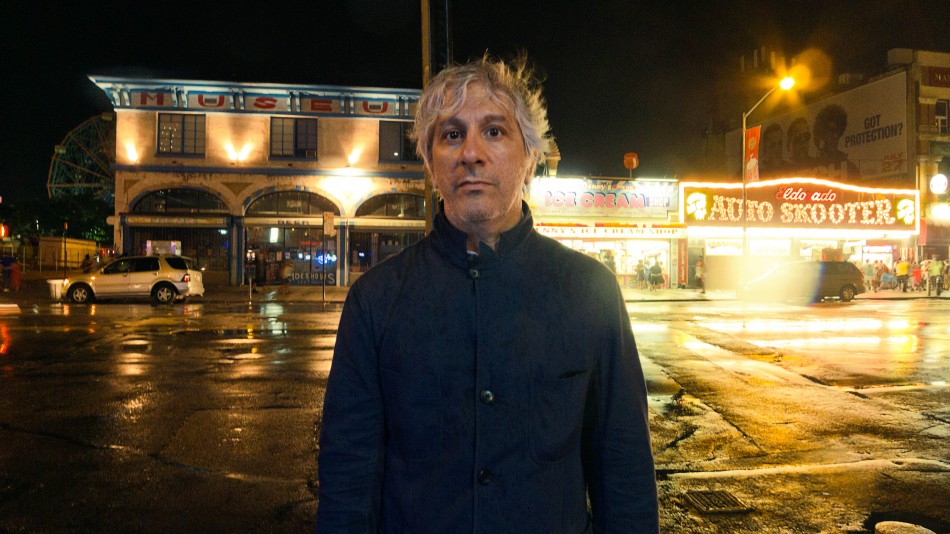The self-proclaimed “Dean of American Rock Critics,” Robert Christgau was one of the pioneers of music criticism as we know it. He was the music editor at the Village Voice for almost four decades where he created the trusted annual Pazz & Jop Poll. He was one of the first mainstream critics to write about hip-hop and the only one to review Simon & Garfunkel’s Bridge Over Troubled Water with one word: “Melodic.” On top of his columns, he has published six books, including his 2015 autobiography, Going Into the City. He currently teaches at New York University. Every week, we publish Expert Witness, his long-running critical column. To read more about his career, read his welcome post ; for four decades of critical reviews, check out his regularly updated website .

Lee Ranaldo: Electric Trim (Mute) In the Sonic Youth days, Ranaldo’s solo forays were even further out than Kim’s or Thurston’s, but that was then. Now he’s that lost band’s only committed bandleader. Sometimes dubbed the Dust, it’s a good one, assured and realistic and dissonant: Alan Licht guitar, Tim Luntzel bass, Steve Shelley drums. Insofar as it doesn’t energize the base, that’s probably because its emotional center is equanimity, an emotional state less sexy than the similar calm—it’s too cerebral, too achieved. Impressed myself, I attribute it to some combination of limited vocal compass and getting the divorce out of the way when he was young—his first Dust album bears the credit “Lyric consultant, muse, etc.: Leah Singer,” his wife-collaborator since 1991. The selling point of album three is that Jonathan Lethem cowrote five of the nine lyrics, including those that turn on “But it’s always the same thing—you had a view of your own / Everyday feelings—like seeds that get sown,” “Are you scared of a woman’s love? (No-no-no I’m not) / Are you scared of a man’s love? (No-no-no I’m not),” and “You’ve got everything, that diamond ring / Some fine time left to die / So listen closely to your own sweet talk of nuthin’.” But they’re no better than Ranaldo’s solely-writtens, the most striking “Let’s Start Again,” which has a happy ending—even a happy middle. A MINUS
Videos by VICE
Pere Ubu: 20 Years in a Montana Missile Silo (Cherryred) As the nuclear Doomsday Clock moves closer to midnight than it’s been since 1953, David Thomas and a sizable contingent of old allies hunker down in a launch pad turned fallout shelter and bash out the most songful and physically powerful Pere Ubu album of our fraught century. Of course untoward noises abound along with the urgent tempos. But after the searing two-minute “Red Eye Blues,” it ends with three more ruminative tracks, each a love song one way or another. First papa invites her out for a walk. Then a guest vocalist designated Roshi turns out to be female. And then begins the finale, crooned high and grainy: “Hold me close / I feel the time running out / I know you must feel it too.” A MINUS

Howe Gelb: Future Standards (Fire) With the sand running out on his atmospheric alt-country, he shifts to cocktail piano—effortlessly, or so he makes it seem (“Terribly So,” “Relevant”) ***
Thurston Moore: Rock and Roll Consciousness (Caroline) Tectonically propulsive riffing signifying besotted erotic enchantment (“Exalted,” “Smoke of Dreams”) **
Filthy Friends: Invitation (Kill Rock Stars) Ominously, perhaps, Corin Tucker and Peter Buck’s faith in alt-rock is more convincing than their faith in democracy (“Faded Afternoon,” “Brother”) **
Follow Robert Christgau on Twitter.




